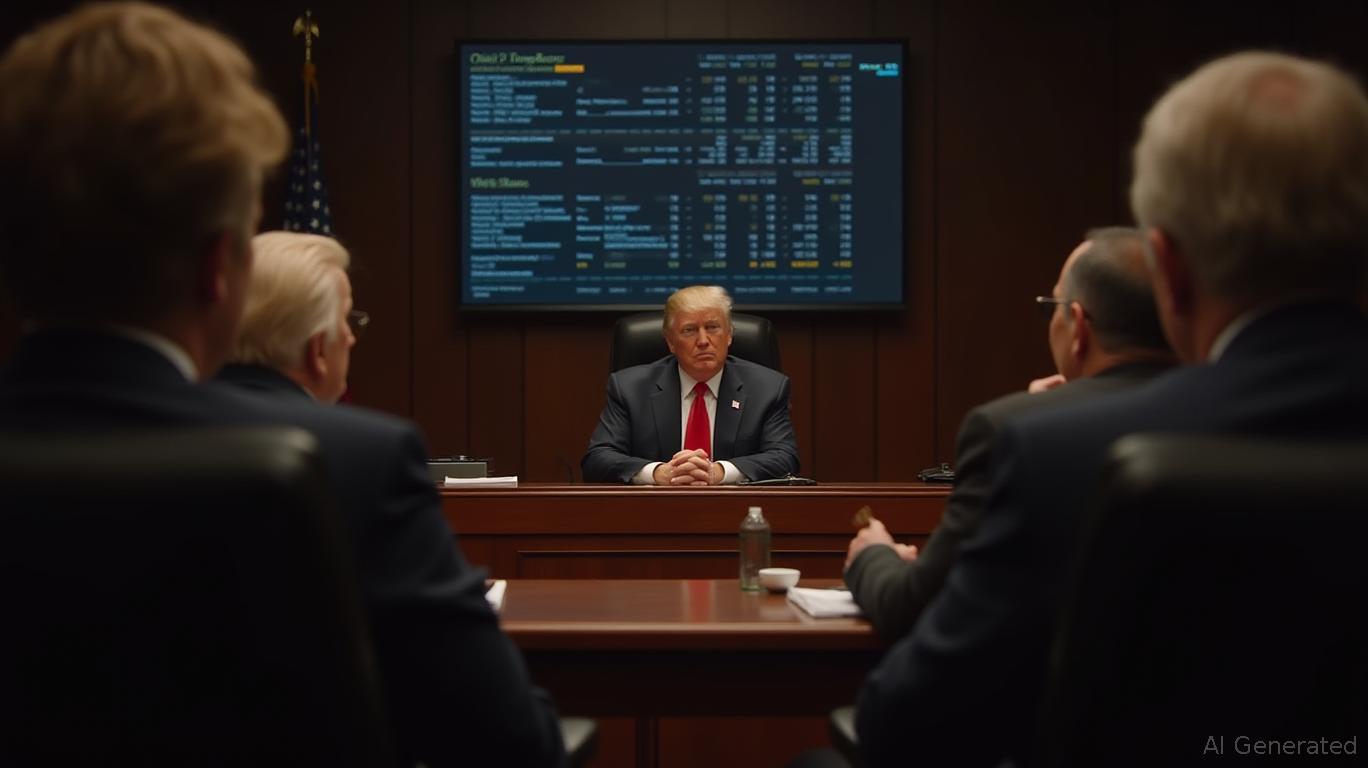Trump Family's $15.7 Billion Holdings Loom Over WLFI Burns

In recent weeks, World Liberty Financial’s (WLFI) token has experienced a steep 37% drop, currently hovering around $0.21 as of September 2025—a 52% fall from its record high of $0.331336 set on September 1 [ 1 ]. This sharp decline comes amid heavy selling by insiders and broader market participants, exacerbated by overall weakness in the cryptocurrency sector. Over the last month,
In response, the project’s governance team has put forward a proposal to burn tokens, redirecting all protocol fees to buybacks in an effort to cut supply and steady the price [ 2 ]. This plan was met with near-unanimous support from the community (99.8% in favor), with advocates suggesting that increased scarcity could help offset selling. Nevertheless, the impact of this burn initiative is still unclear, as the circulating supply of WLFI continues to grow—now at 24.6 billion tokens, representing 24.6% of the total possible 100 billion [ 5 ]. Detractors warn of possible future dilution, especially since the Trump family controls 15.75 billion WLFI, raising concerns about impartial governance [ 5 ].
One potential driver for a rebound is the soon-to-be-released debit card linked to WLFI’s
From a technical perspective, WLFI appears to be consolidating, with a key resistance point at $0.23. Surpassing this level could spark a move toward $0.26 and possibly $0.42 if bullish momentum continues [ 1 ]. Conversely, if the price falls below $0.21, the token may revisit lower support at $0.16 [ 3 ]. The Chaikin Money Flow (CMF) indicator has turned positive, indicating renewed buying interest, but trading volume has dropped by 42% in the past day, raising questions about ongoing liquidity [ 1 ].
Long-term predictions for WLFI are divided. CoinEdition forecasts the token could climb to $0.40 by 2025 and reach $0.90 by 2030 if the burn strategy and USD1 adoption are successful [ 2 ]. In contrast, Banklesstimes.com anticipates further losses, projecting a possible dip to $0.168897 within five days and a 2025 low of $0.172 [ 3 ]. The project’s prospects over the coming years will depend on its ability to stand out in the competitive DeFi space, with analysts stressing the importance of offering real utility beyond political associations.